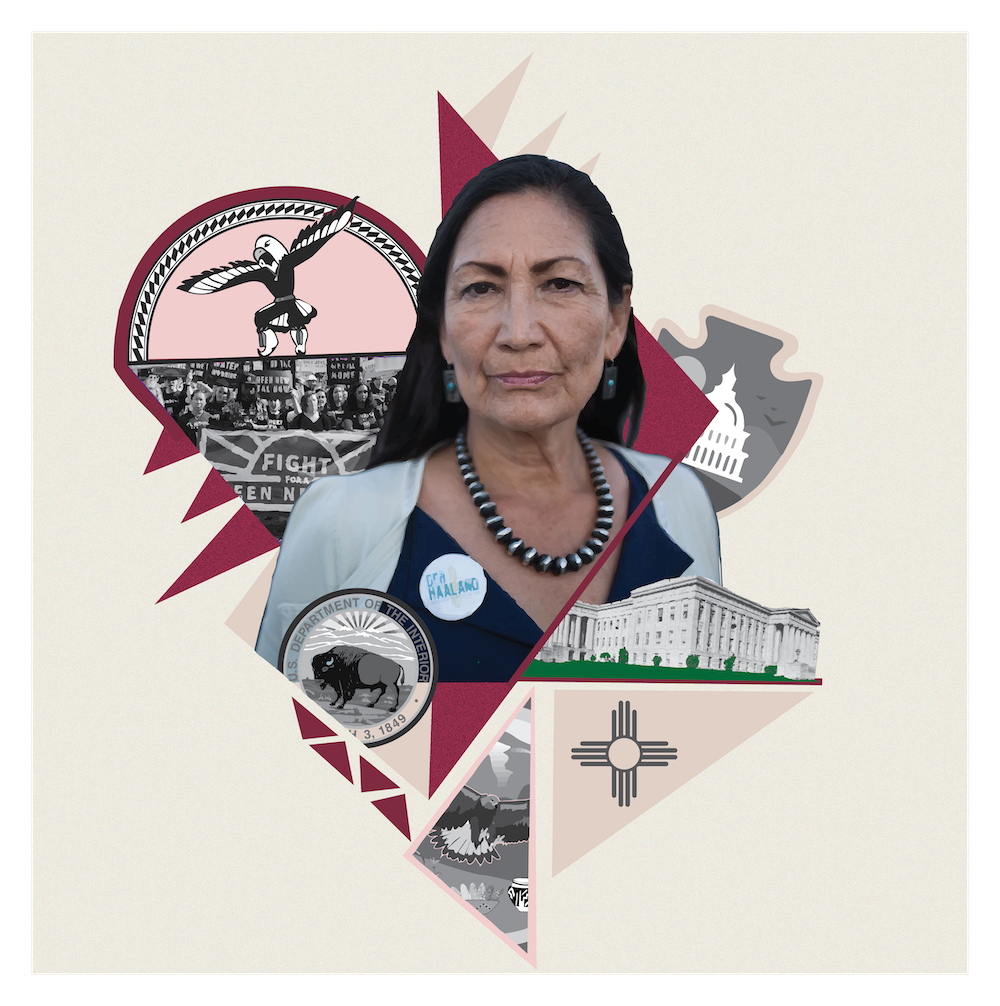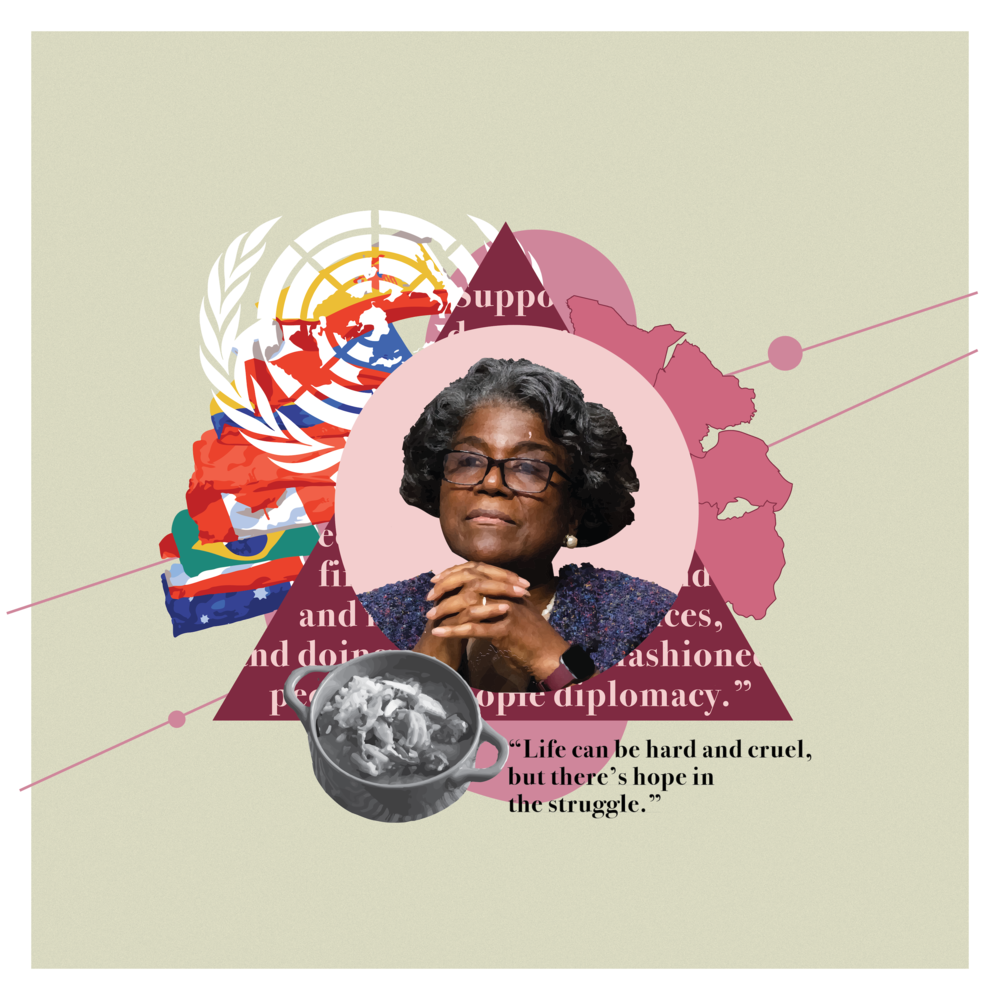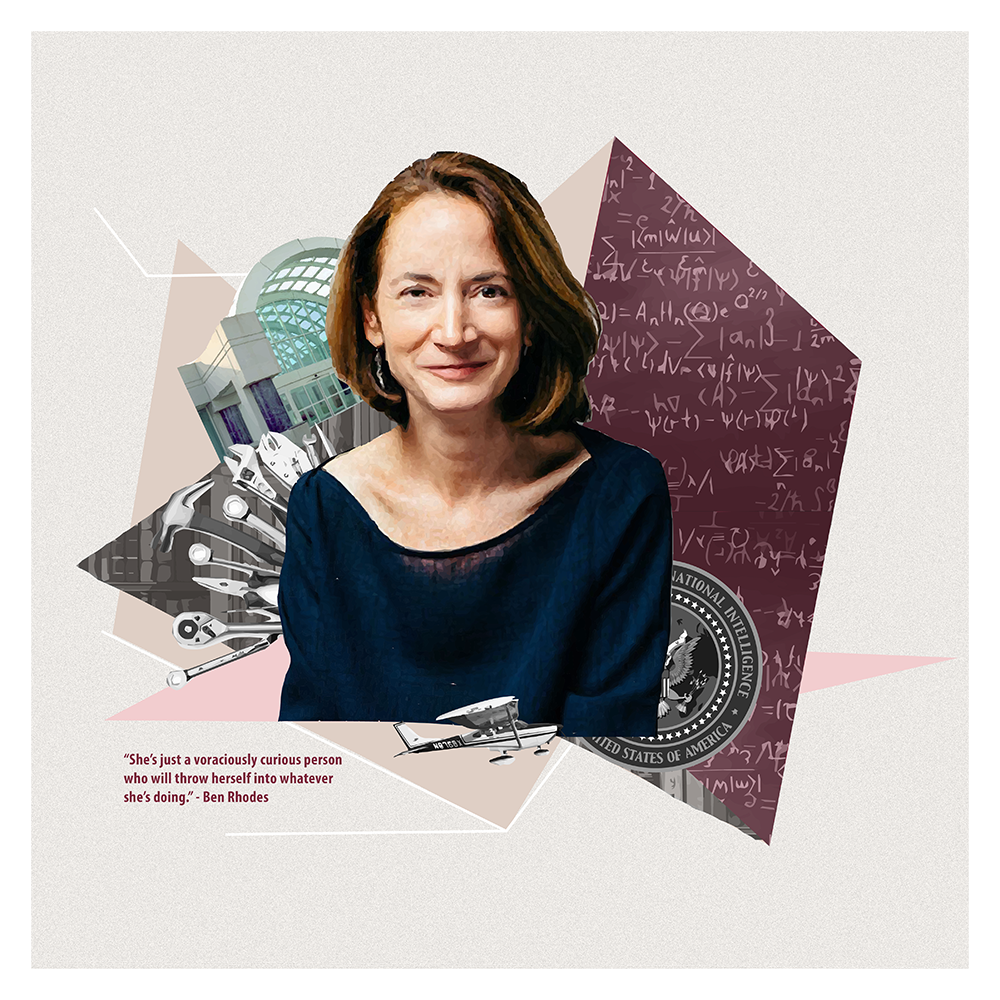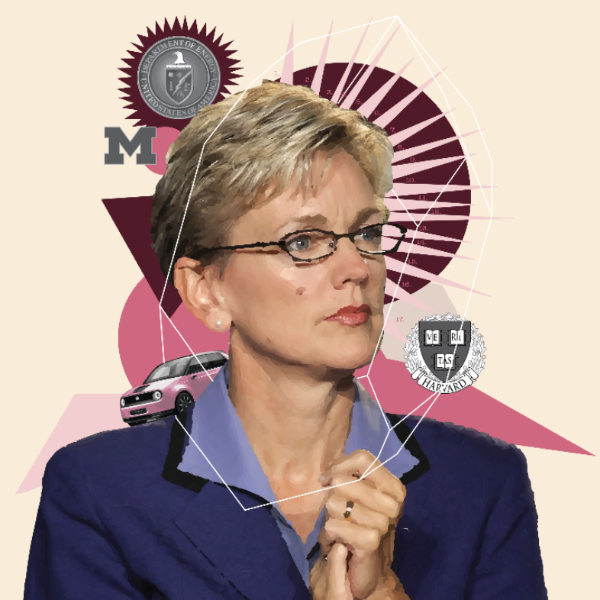More people – nearly half of all humanity – will be voting in elections this year than ever before. It’s a testament to the growth of democracies around the world, especially over the past 40 years.
Despite that progress, only 26 countries are led by women and over a third of UN member states have never had a woman head of state. So it’s big news that two women, Halla Tómasdóttir in Iceland and Claudia Sheinbaum in Mexico, were elected president this past weekend.
(l-r) Halla Halla Tómasdóttir in Iceland and Claudia Sheinbaum in Mexico. (Credit: Twitter)
Iceland's New President: Halla Tómasdóttir
Iceland was the first country in the world to democratically elect a woman president in 1980. On Saturday, it elected its second — Halla Tómasdóttir. Before deciding to run for office, Halla was the CEO of the B Team, a nonprofit working to advance a new model for 21st century business leadership that prioritizes the wellbeing of people and planet in the pursuit of profit.
I first met Halla over two decades ago at the Omega Women & Power Conference and over the years, I have marveled at her intelligence, thought leadership and huge heart. I invited her to speak at the first TEDWomen in 2013 and she was one of the first I invited to join the Connected Woman Leaders forums where she was a powerful voice and a collaborative colleague. When CWL launched Project Dandelion, a global campaign to unlock the potential of women leaders to lead for the actions necessary for a liveable future for all, Halla became an important ally and advocate.
"The most difficult work of our lifetimes has to happen in the next few years," Halla observed at TEDWomen 2022. As president, I know that Halla will model how leaders can use their power and positions to catalyze meaningful change. She’s going to be a great president who will no doubt add to the growing body of data that proves the theory of change that when women lead, positive actions follows.
“A climate scientist with a social conscience”
In Mexico, climate scientist Claudia Sheinbaum became Mexico’s first female president in a historic landslide victory. She is also the first climate scientist to be elected head of state in any country, according to Climate Home News. Sheinbaum has a doctorate in energy engineering. Before the election, she served as President Andrés Manuel López Obrador’s environment minister and the mayor of Mexico City. In 2007, she was among the Intergovernmental Panel on Climate Change scientists awarded The Nobel Peace Prize “for their efforts to obtain and disseminate information about the climate challenge.”
On the campaign trail, Sheinbaum defended the pro-fossil fuel policies of her mentor López Obrador, who “spent billions propping up Mexico's fossil fuel-dependent state energy giants, oil firm Pemex and power utility CFE.” But she also pledged to significantly boost renewable energy production by as much as 50% by the end of her term in 2030. Many are hoping that she will gradually shift from López Obrador’s pro-fossil fuels policies and put Mexico back on track to net-zero targets.
Her science background has prepared her to do just that. The New York Times reports that “among Ms. Sheinbaum’s many published scholarly works are papers that examine how Mexico can make the energy transition from one that’s based almost exclusively on fossil fuels to renewables like wind, solar and geothermal.”
José Luis Samaniego, the executive director of WRI Mexico, told Fast Company that “there’s a widespread belief, without much substance, that Claudia would be just a continuation of the past administration, but I think she has her own legs. She has her own mind and she has her own strong convictions. And that will radically speed up the attention that we pay to the environment and renewables in Mexico.”
Deadly Heatwaves in Mexico and India
Climate change and climate impacts were certainly front and center as Mexicans went to the polls on Sunday. A brutal heatwave claimed the lives of dozens of people, and howler monkeys, dead from heatstroke, fell from trees. Nearly two-thirds of the country is suffering from a prolonged drought and Mexico City, home to more than 22 million people, is running out of water.
In India, an unusually severe early summer heatwave was responsible for hundreds of deaths and tens of thousands of cases of heatstroke. The frequency, duration, and intensity of heatwaves has surged over the past decade. 2023 was the hottest year on record, and 2024 is on track to beat it. Alarmingly, projections by the World Bank suggest that by 2050 the frequency could soar 30 times compared to current levels.
A waste picker working in India at a recycling center.
Heatwaves have a disproportionate impact on marginal sector women in India. These women are often employed in outdoor jobs, such as construction, agriculture, and waste recycling, which makes them more vulnerable to heat stress. They also lack access to adequate healthcare and social safety nets, making it difficult to cope with heat waves' effects. SEWA, the Self Employed Women’s Alliance, is a powerful advocate for protection for its 2.9 women members, and last year, created an innovative heat insurance policy that will surely be tested in the days and months to come.
And at the same time as mitigating the disproportionate negative impacts of climate change on the most vulnerable communities, SEWA also is one of the leading organizations implementing solutions with a waste recycling program that employs thousands of women waste pickers who turn thousands of tons of waste into reusable products, taking plastic out of the dumps and putting it back into use.
Elevating stories like this one from SEWA about women leaders taking action to innovate solutions is part of the purpose of Project Dandelion, of which SEWA is an active contributor of ideas and frontline leadership.
Along with amplifying the good work already being led by women in every community, Project Dandelion will also mobilize for urgent climate actions with a new collective force — the 2 billion women in the world who are aware of the crisis and who often suffer more acutely its many negative impacts. The women of the world can — and must — prioritize the climate and nature crisis. Recognizing the intersectionality of all social justice issues, women will lead their communities and countries to take the actions necessary to ensure a livable future for all.
Watch for ways to become engaged by visiting Project Dandelion.com.
Congratulations again to the women and men who went to the polls and elected two women leaders this week. Deserved recognition also goes to the voters in India, the world’s largest democracy, to force a coalition government, signaling a more inclusive and democratic representation there.
This good news is, for each and every one of us, a reminder of the importance of one the most powerful ways we can all contribute to leading forward towards the future we desire for ourselves, our children and grandchildren — to VOTE!
Onward!
- Pat









